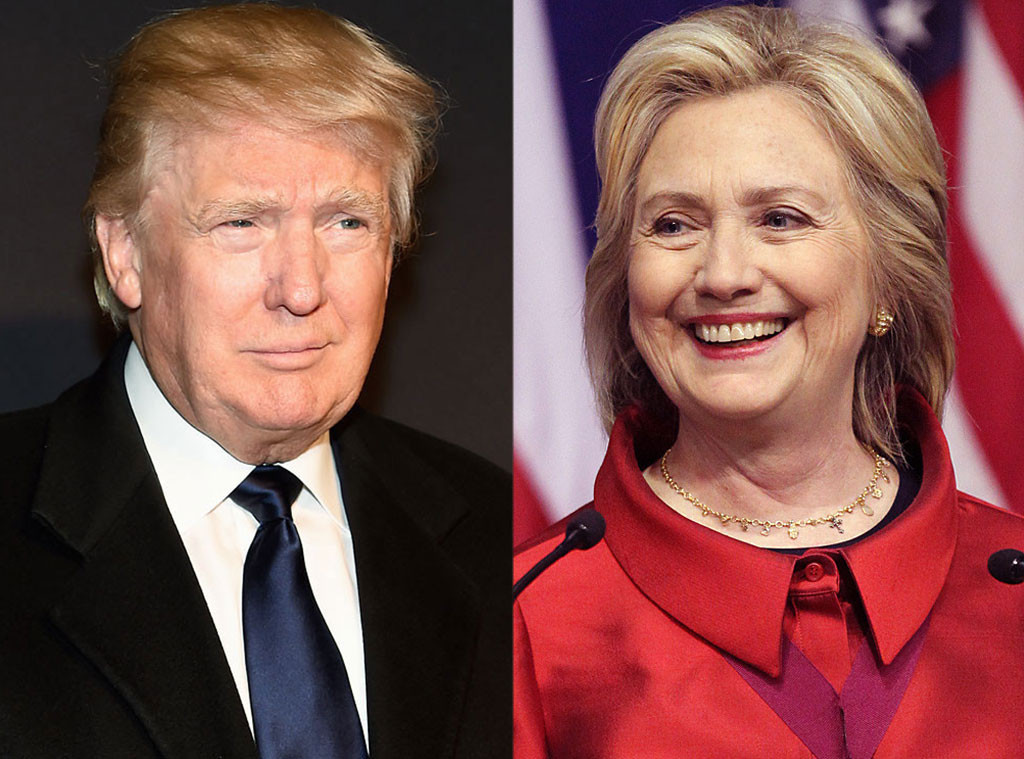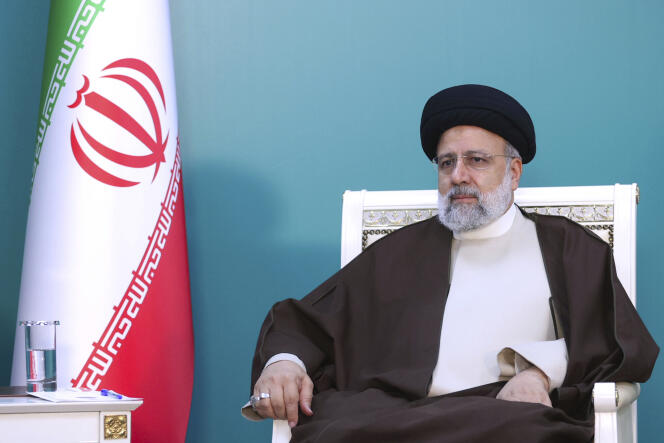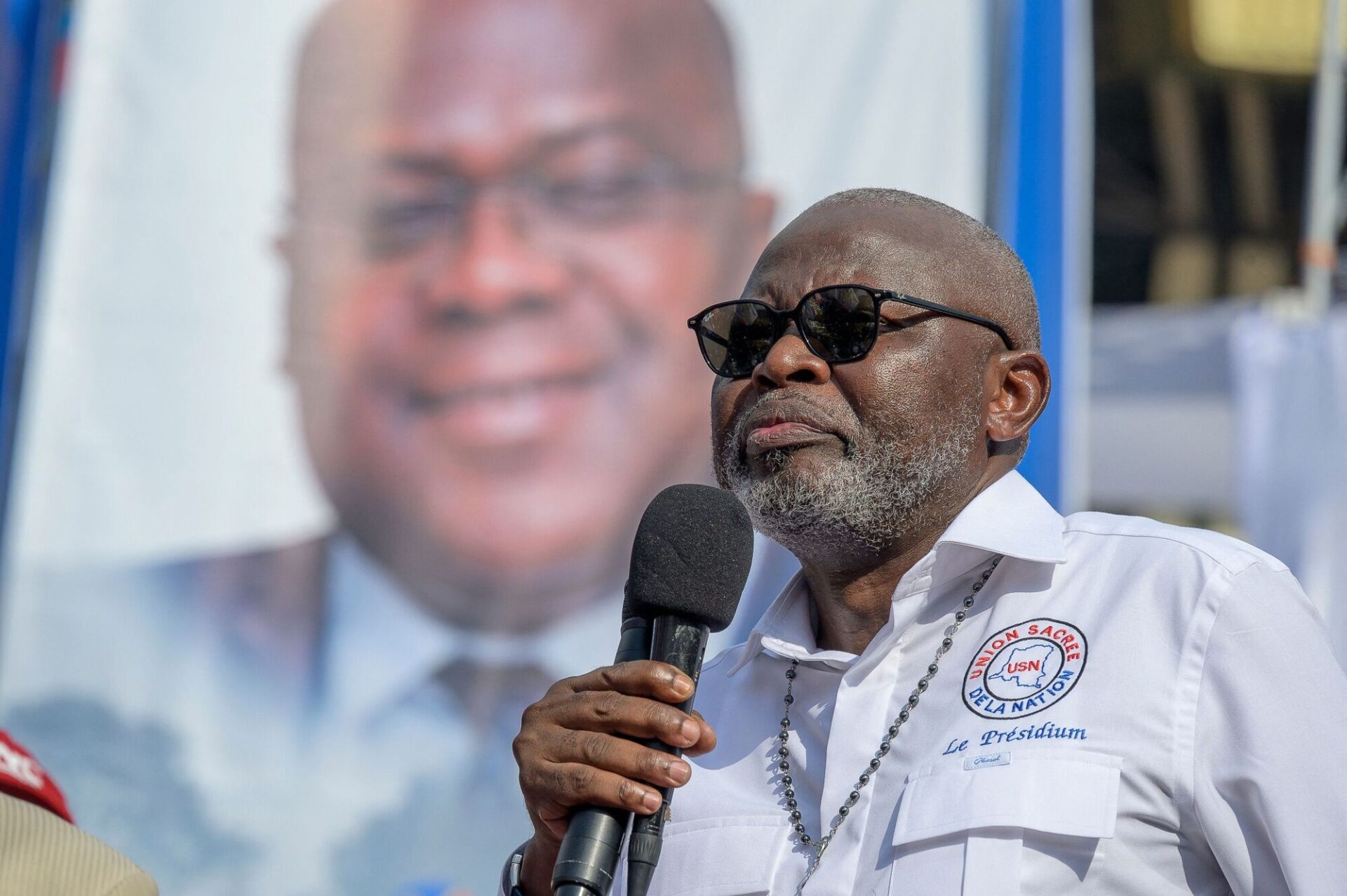- Americans Head to the Polls Today in Historic Election
After the long, bitter, divisive and gruelling election campaigns, Americans will head to the polls tuesday in a historic election that will determine who leads the world’s only super power and largest economy for the next four years.
The battle between the Democratic Party’s candidate, Hillary Clinton, and the Republican candidate, Donald Trump, will be eagerly watched by the rest of the world waiting with baited breath for the outcome of the election.
No US election in recent history has generated as much interest around world like the 2016 election. Not even President Barack Obama’s historic candidacy in 2008 came close.
The campaigns of both candidates were charaterised by lewd and incendiary language, email scandals, WikiLeaks, racism, sexual harassment and misogyny, leaked questions ahead of debates, hyperbole and outright lies, unending Twitter posts even at 3 in the morning, a fractured Republican Party, Russian hacks of the Democratic Party’s emails, and a last-minute FBI intervention that may likely affect the outcome of the election.
Should former US Secretary of State, Mrs. Clinton, beat her rival in the election, she will make history as the first woman to lead the country.
But before she wins that accolade, the US electorate would have to decide in a keen contest that has gone to the wire against Trump, who nobody gave a chance of even winning the ticket of the Republican Party.
Monday, both candidates fought late into the night as they barnstormed across battleground states on the final full day of campaigning.
As Election Day approached, each candidate has a path to victory. However, according to CNN, Clinton was better positioned than Trump with a narrow lead in national polls and an advantage in many battleground states.
But her leads were far from dominant and a strong turnout for Trump tuesday, or a poor response from sections of her own coalition could open the way for the billionaire real estate tycoon to become president.
“I am here to ask you to vote for yourself, vote for your family, vote for your futures,” Clinton said at her first event of the day in Pittsburgh. “Vote on the issues that matter to you because they are on the ballot — not just my name and my opponent’s name.”
The latest CNN Poll of Polls gives Clinton a four-point lead over Trump, 46% to 42%. In most of the swing states that will decide, the race is tight. But if Clinton can cling on to most states that have voted Democratic in recent elections and add at most a couple of swing states, she will likely win the election.
But Democrats are worried about Trump’s strength in the Midwest — particularly in Michigan, which has not voted Republican since 1988. Trump has been making a strong push there amid narrowing polls.
Trump campaign manager Kellyanne Conway predicted monday that Trump will win Michigan, telling ABC’s “Good Morning America” that the campaign feels “really good” about the latest polling in upper Midwest states.
Clinton was in Michigan later monday. Robby Mook, her campaign manager, said the late move is more a function of the calendar and the lack of early voting there than a sign of genuine anxiety.
“Our strategy these last few days is to focus on the states where voting overwhelmingly happens on Election Day,” Mook said on CNN’s New Day. “Previously, as you’ve seen, we’ve been focused on states like Florida, Nevada, North Carolina, where the majority of the voting happens early.”
He continued: “So, this is really a reflection of the voting calendar. Donald Trump has been kind of running to each and every state it seems. So they have their strategy. But we have ours.”
Trump has little margin for error. He will need to win Ohio, North Carolina and Florida, where he is locked in margin-of-error races with Clinton, just to give him a chance to make the near perfect run through the remaining swing states that he needs to capture the presidency.
Democrats were particularly encouraged by indications of a surge of Hispanic voters in early voting in Florida and Nevada. But there were also warning signs for Clinton, with African-Americans not as large a proportion of the early voting electorate as they were for President Barack Obama in 2008 and 2012.
CNN’s most recent electoral map showed Clinton was projected to win 268 electoral votes from states that are solidly blue or leaning in her direction. Trump had 204 votes from states that are solidly in his column or leaning that way. A candidate needs 270 electoral votes to win the White House.
In the latest CNN Poll of Polls data in the swing states, Clinton led 45% to 43% in North Carolina, the rivals are tied at 45% in Florida, and Clinton led by five points in Pennsylvania, a state Trump hopes to turn red tuesday.
In New Hampshire, where the race moved towards Trump in the last week, Clinton was still up 44% to 41%. New Hampshire only has four electoral votes, but Trump’s path to 270 is so difficult that votes from smaller states could still be crucial for him.
The latest opinion poll, on Fox News monday also gave Clinton a four-point lead, double that of Friday.
The candidates’ schedules monday told the tale of the last day before voting starts. Clinton was in Pittsburgh, Pennsylvania, Grand Rapids, Michigan, Philadelphia, Pennsylvania and Raleigh, North Carolina.
In Pennsylvania, Clinton appeared alongside her husband former President Bill Clinton and President Barack Obama and First Lady Michelle Obama, in a bid to ensure the heavy turnout among Philadelphia voters that could make it impossible for Trump to make up the deficit elsewhere in the state.
The event underlined the remarkable role the Obamas have played during the campaign in support of the current president’s former political rival — one that is unprecedented at least since Ronald Reagan campaigned for his chosen successor, George H.W. Bush, in 1988.
Earlier in the day, Obama was in Ann Arbor, Michigan — another sign of how seriously the Democrats are taking the state. “The choice that you make when you step into the voting booth, it really could not be clearer,” Obama said. “Donald Trump is temperamentally unfit to be commander in chief.”
A race that has been full of surprises took another lurch Sunday, when FBI Director James Comey said newly discovered emails being reviewed by the bureau had not changed his conclusion that the former secretary of state should not be charged over her use of private email server.
Comey’s last minute move was a boost for Clinton, but may have come too late to repair the damage to her campaign wrought by a week of controversy and speculation about the email probe.
After Clinton’s latest reprieve from Comey, she adopted a more optimistic message Sunday than she had previously employed in the final week of the campaign, when she was under withering attack over the email saga.
After she was introduced to a crowd in Cleveland by NBA star, Lebron James, she told the crowd that she would always be there for Americans.
“I don’t know your dreams, I don’t know your struggles, but I want so much to convey to you I will be on your side,” Clinton said. “I will fight for you, fight for your family. I want us to do all we can to help you get ahead and stay ahead and my vision is very different from my opponents.”
Trump has adopted a scattershot strategy in the final days, travelling between swing states he needs to win, like Florida, and turf that had been considered solidly Democratic, like Pennsylvania, Michigan and Minnesota.
He was in Sarasota, Florida, Raleigh, North Carolina, Scranton, Pennsylvania, Manchester, New Hampshire yesterday and ended his day with a rally in Grand Rapids, Michigan.
Trump shrugged off Comey’s move on Sunday, vowing that the American people would “deliver justice at the ballot box”.
“Hillary Clinton is guilty. She knows it, the FBI knows it, the people know it,” he said at a huge rally at Sterling Heights, Michigan.
If Trump could somehow peel away Michigan or Pennsylvania from Clinton’s column, he could hedge against a possible loss to Clinton from among the trio of Florida, North Carolina and Ohio. If he wins those three states and a big blue state, he could be on the way to the presidency.
Meanwhile, his campaign team monday sought to allay negative views expressed overseas towards their candidate.
Trump’s campaign manager told the BBC such antipathy “doesn’t reflect why Donald Trump is running and who he would be on the global stage”.
She also attacked Clinton’s “unremarkable to chequered” record as secretary of state.
Ms. Conway said negative attitudes overseas “does bother me” but defended Trump’s “America First” stance.
Trump “does say America First and he means it”, she said, spelling out the reasons – stopping the loss of American jobs overseas, making sure all partners, including NATO, pay their fair share and renegotiating trade deals that are bad for the US.
Ms. Conway also responded to a jibe from President Obama that Trump could not be trusted with US nuclear codes.


 Naira4 weeks ago
Naira4 weeks ago
 Naira4 weeks ago
Naira4 weeks ago
 Travel4 weeks ago
Travel4 weeks ago
 Naira3 weeks ago
Naira3 weeks ago
 Jobs4 weeks ago
Jobs4 weeks ago
 Naira4 weeks ago
Naira4 weeks ago
 Investment4 weeks ago
Investment4 weeks ago
 Travel4 weeks ago
Travel4 weeks ago



























